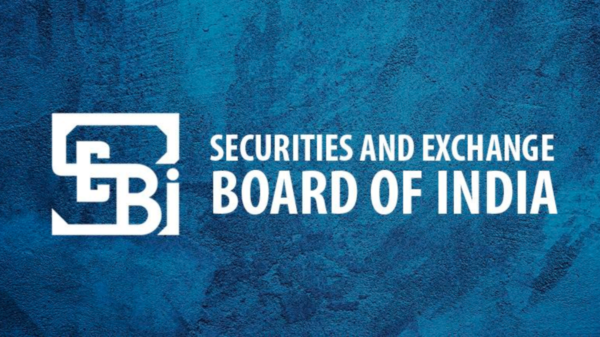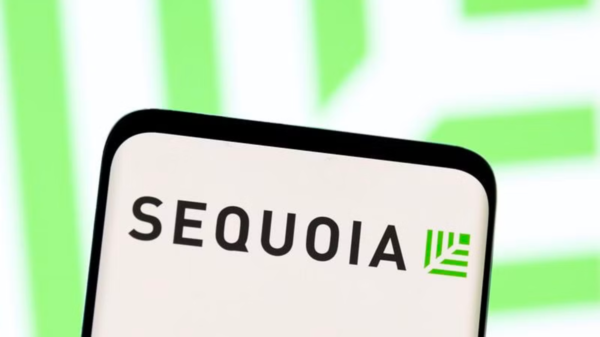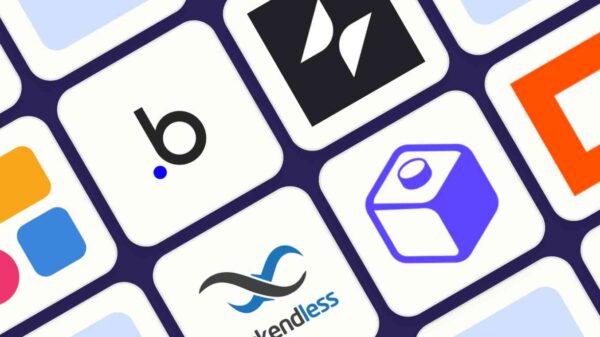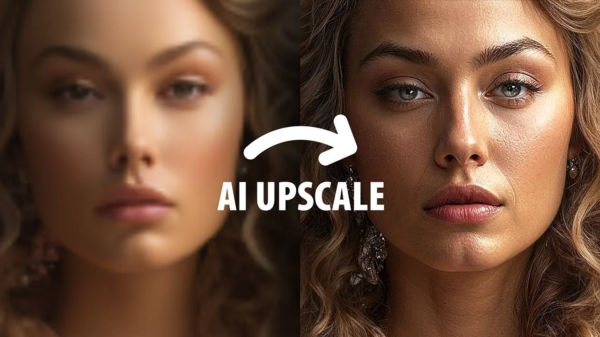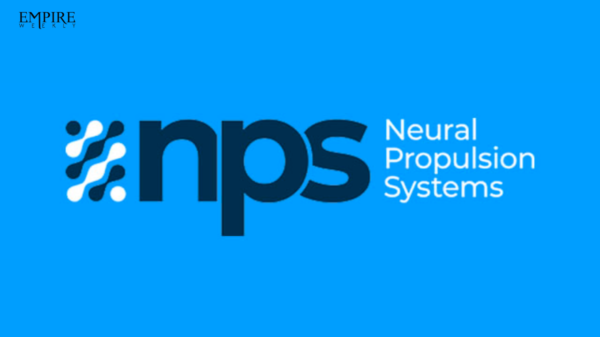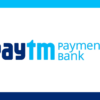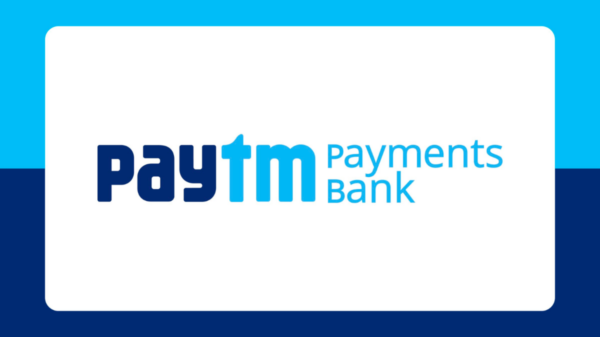“Great oaks grow from little acorns”
Walter Wemple Cruttenden III and Jeffrey James Cruttenden founded the company in 2012 to encourage incremental and passive investing. It first became available in 2014 as an iOS and Android app. A user’s portfolio alternatives were created in collaboration with paid advisor and Nobel laureate Harry Markowitz.
The platform has grown to incorporate bank account and retirement IRA options since its debut. The acquisition of Vault, a fintech retirement firm based in Portland, Oregon, made this feasible.
Shlomo Benartzi, a behavioral economist, was named chair of an Acorns behavioral economics committee in 2018, where he is working on the Money Lab, a field experiment effort focused on consumer spending.
The company has received almost $100 million in venture capital funding since its inception. Jennifer Lopez, Alex Rodriguez, Bono, Ashton Kutcher, and Kevin Durant were among Acorns’ noteworthy investors as of August 2019. The company is also owned by PayPal, BlackRock, and NBCUniversal.
Acorns planned to go public in May 2021 by combining with Pioneer Merger Corp, a blank-check company. Due to market conditions, these plans were scrapped in January 2022.
Acorns is a micro-investment platform that allows you to make automated investments with a tiny amount of money. There are three plans available, each with a cost that is acceptable. Furthermore, it enables children and young adults to invest tiny sums of money in a practical manner.
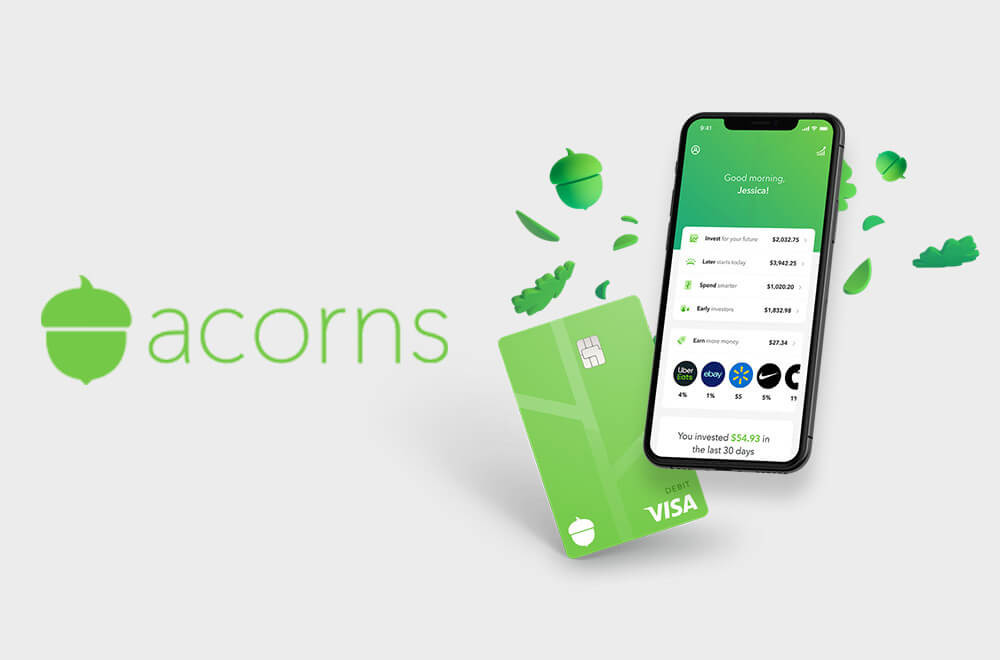
It has partnered with the world’s biggest brands to offer cashback rewards.
For your financial needs in life, Acorns offers two subscription options.
$3/month for Acorns Personal
The personal financial health system, complete with all-in-one investment, retirement, and checking accounts, a metal debit card, and money guidance, among other features!
$5/month for Acorns Family
Per household, there are no limits on the number of children who can have an investment account. Also available are a personal investment, retirement, and checking accounts, as well as bonus investments, money guidance, and more!
How Acorns Makes Money
Users pay a monthly subscription fee, interchange fees, referral fees from the cashback program, interest earned on cash, and an annual administration charge for accounts above $5,000.
Subscription Fees
Acorns sell its products in monthly subscription tiers. Lite, Personal, and Family are the three tiers. Acorns Invest is available to members with the Lite plan, which costs $1 per month. Personal is $3 per month and includes Invest, Later, and Spend. All of the above goods, as well as Early, are included in Family, which costs $5 a month.
Referral Fees
Every time one of Acorns’ 350+ Found Money partners makes a purchase, Acorns receives a referral fee. The amount of the referral fee is determined by the individual agreements indicated in the partnership contract, but it is usually a small percentage of the total purchase volume.
Interchange Fees
Users can open a checking account that includes a complimentary Visa debit card. The account is FDIC-insured up to $250,000 and includes free ATM withdrawals, smart deposit functionality, and more. The interchange fees that retailers pay when you use your debit card are then used by Acorns to create money.
Management Fees
For accounts with a balance of $5,000 or more, Acorns charges a 0.25 percent yearly management fee. This includes the time and effort required to select the optimal investing options for each individual user.
Interest On Cash
Acorns, like any other bank, lends money from user accounts to other financial organizations, such as banks. These institutions then pay them interest.
In 11 rounds of venture capital fundraising, Acorns has raised a total of $207 million. NBCUniversal, DST Global, and even Dwayne Johnson are among the company’s investors.
Source: Forbes
